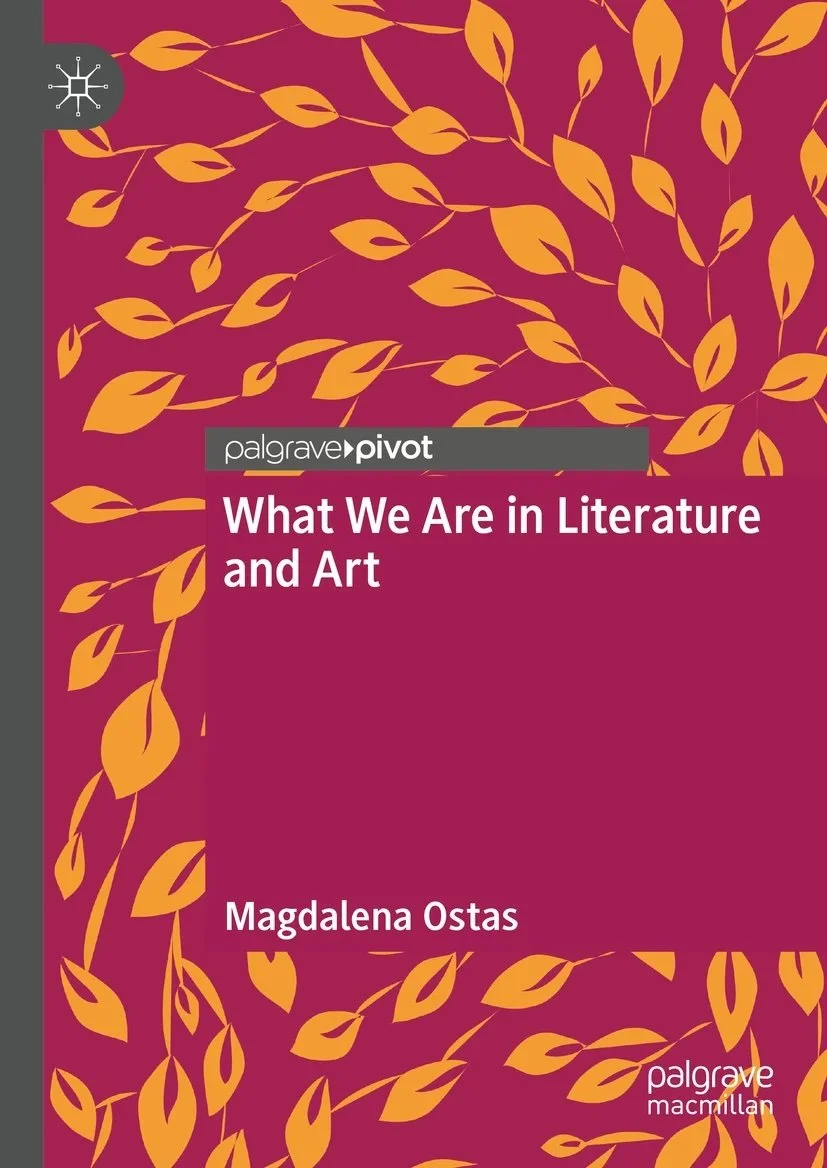My book, What We Are in Literature and Art, will be published next month.
My book has had a profoundly overlong period of development. Accordingly, I feel immense gratitude for those who have who have read and engaged with this material over the years and who have offered many kind forms of support. This support has made this strange little book possible.
What We Are in Literature and Art is an experiment in philosophical reading. It begins from a simple observation: literature and art give us complex material evidence of the experience of people. This is not a mystical, naive, or hopelessly old-fashioned claim about aesthetic works. The experience that literature and art let us touch, to be sure, is wildly and irreducibly complex. But it is an important idea that creative works—poems, novels, plays, paintings, photographs—give us evidence of the lives of persons. What are we? This book considers how aesthetic works pose this longest-standing question and become entangled in our philosophical conversations about personhood.
My book takes a nontraditional form, one that exemplifies its commitment to reading as philosophical questioning and continual philosophical curiosity. Through sequences of reflective fragments or segments, What We Are in Literature and Art weaves through a diverse constellation of works in poetry, fiction, drama, painting, and photography in the nineteenth and twentieth centuries. Each fragment or segment pursues the philosophical pull and import of works of literature and art on the topic of personhood. Jane Austen, for example, probes ethics and the shape of what we are; J. M. W. Turner interrogates the perspectives of persons; Emily Dickinson becomes a key thinker of metaphysics and subjectivity; Langston Hughes a central theorist of expression in the arts; Elizabeth Bishop a natural ontologist; and Thomas Struth a philosopher of aesthetic experience. The array of figures with which the book engages—from William Wordsworth to Gwendolyn Brooks, Henrik Ibsen to Samuel Beckett, Henri Matisse to Jeff Wall, Immanuel Kant to Ludwig Wittgenstein—welcomes a wide range of readers into its critical terrain.
What We Are in Literature and Art deliberately engages a neglected corner of aesthetics. It practices what might be called aesthetics inside out, that is, thinking with literature and art—rather than about them. The book makes space for art and literature—emphatically—to do the thinking. What do they have to say? How do we elicit that saying? The readings in the book underscore how literature and art engage with ideas without positing propositions and entangle themselves in philosophical conversations.
You can find more information about my book on the publisher’s page: https://link.springer.com/book/9783031963674













